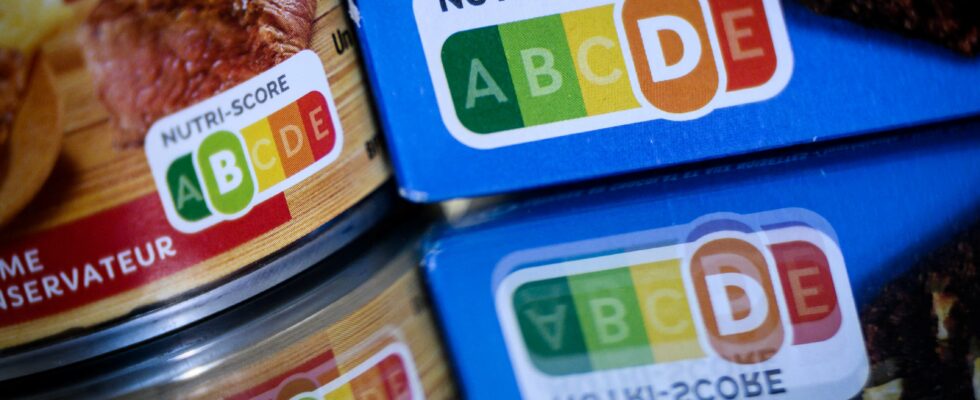New element in support of the Nutri-Score, this logo aimed at providing rapid information on the nutritional quality of foods and drinks, launched in 2017: a vast study, published Wednesday September 11 in the Lancet Regional Health-Europeconcludes that the consumption of foods lower classified in this labeling is associated with an increased risk of cardiovascular diseases, the main cause of mortality in Western Europe.
A team of scientists from Inserm, INRAE, Cnam, Sorbonne Paris Nord and Paris Cité universities, in collaboration with researchers from the International Agency for Research on Cancer (WHO-IARC), observed 345,533 participants from a European cohort spread across seven European countries. Between 1992 and 2010, 16,214 of these Europeans developed cardiovascular disease (including 6,565 myocardial infarctions and 6,245 strokes). It appeared that participants consuming on average more foods with lower Nutri-Score scores had an increased risk of cardiovascular disease, particularly heart attacks and strokes. And “these associations were significant after taking into account a large number of sociodemographic and lifestyle factors,” it is emphasized in a press release from Inserm.
A new algorithm
The publication of this study comes a week after the French agri-food giant Danone announced that it would no longer display the Nutri-Score on its drinkable yogurts, which are now unfavorably rated. The calculation method changed at the end of 2023, via a new algorithm, to better take into account knowledge about diet and health. Sugar, salt, bad fats, such as the absence of fiber or other nutrients, were thus further penalized.
With its green to red labels, with the letters A to E, the Nutri-Score also exists, on a voluntary basis, in six other European countries: Germany, Belgium, Spain, Luxembourg, the Netherlands and Switzerland. The outgoing European Commission had decided not to present a proposal on nutritional labelling, particularly in the face of strong opposition from Italy, which had also joined Cyprus, Greece, the Czech Republic, Romania and Hungary. The results of the study “provide key elements to support the adoption of the Nutri-Score as a mandatory nutritional logo in Europe”, argued Mathilde Touvier, research director at Inserm, quoted in the press release. In the past, more than 140 publications published in international scientific journals had already demonstrated the validity of this tool.
